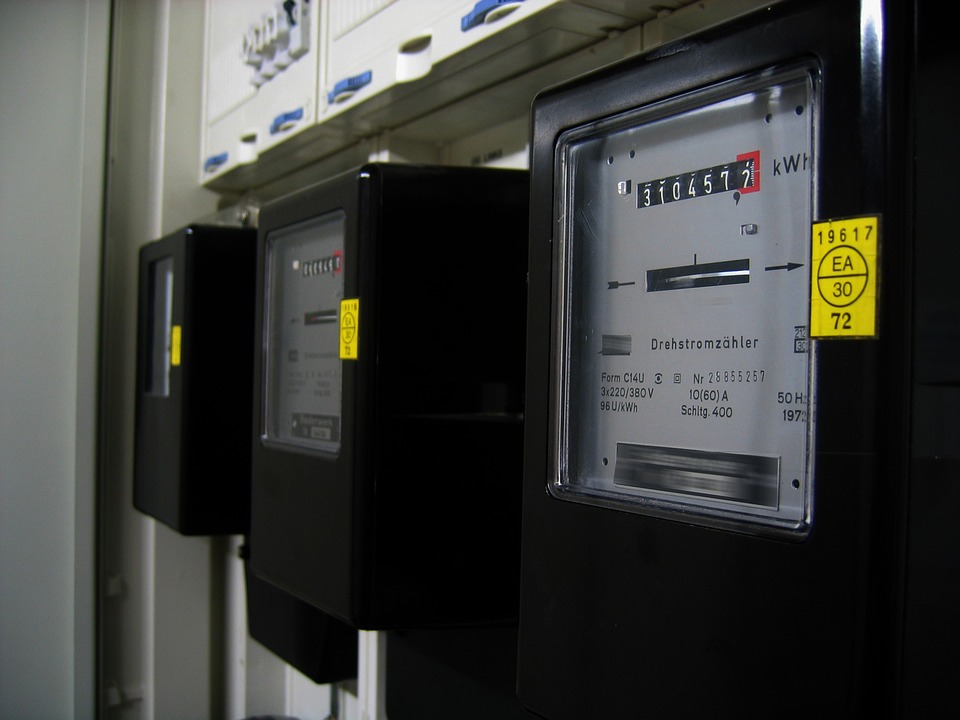New research highlights difficulties consumers have contacting energy suppliers

One-third of domestic energy consumers did not manage well financially during the winter, new research shows.
A new report by Consumer Scotland found many consumers were concerned about their ability to afford energy bills and the wider cost of living in November and December 2022.
The findings, from a YouGov survey commissioned by Consumer Scotland, showed 68% of all consumers reported rationing their energy use while 42% said they couldn’t afford to heat their home to a comfortable level.
There are also ongoing issues with customer service standards with less than half of consumers (45%) agreeing their energy supplier makes it easy to contact them if needed.
The Consumer Spotlight: Energy Affordability Tracker 2 found challenges were mitigated by the Energy Price Guarantee (EPG) and Energy Bill Support Scheme.
However, while financial support helped prevent the situation from worsening between autumn and winter, the overall position for consumers in Scotland has not significantly improved.
Consumer Scotland said its analysis also highlights certain groups of consumers are struggling more than others, including prepayment meter (PPM) consumers, younger people, women and those on electric heating systems.
The organisation is recommending maintaining the EPG at its current level of £2,500 for three further months to protect consumers from price volatility between April and June 2023.
It is also recommending that if social tariffs are introduced they should help address significant affordability challenges for groups including low-income consumers, disabled people and those on prepayment meters.
Energy policy manager Grace Remmington said: “Many consumers continue to be concerned about their ability to afford their energy bills and the wider cost of living.
“Support schemes have prevented the crisis deepening in the short-term, but many consumers are still struggling to afford their essentials, including energy costs.
“More can be done to protect these consumers including maintaining the Energy Price Guarantee until June and the development of targeted social tariffs.”
A separate Consumer Scotland briefing on PPM consumers found they were much more likely to report negative experiences of energy affordability, rationing and impacts on health and wellbeing.
Consumer Scotland’s recommendations to Ofgem and suppliers include a continuation of the current pause on installations of PPMs until Ofgem are confident individual suppliers comply with licence conditions.
Consumer Scotland recommends PPM installations should be a last resort, with an onus on suppliers to prove ‘no vulnerability’ exists in a household before proceeding.
Just last month, the “abysmal” performance of energy companies was highlighted by the Glasgow and West of Scotland Forum of Housing Associations which found that void properties are remaining empty for unnecessary periods of time because housing association staff are spending tens of thousands of hours trying to contact energy suppliers to sort out meter problems.







